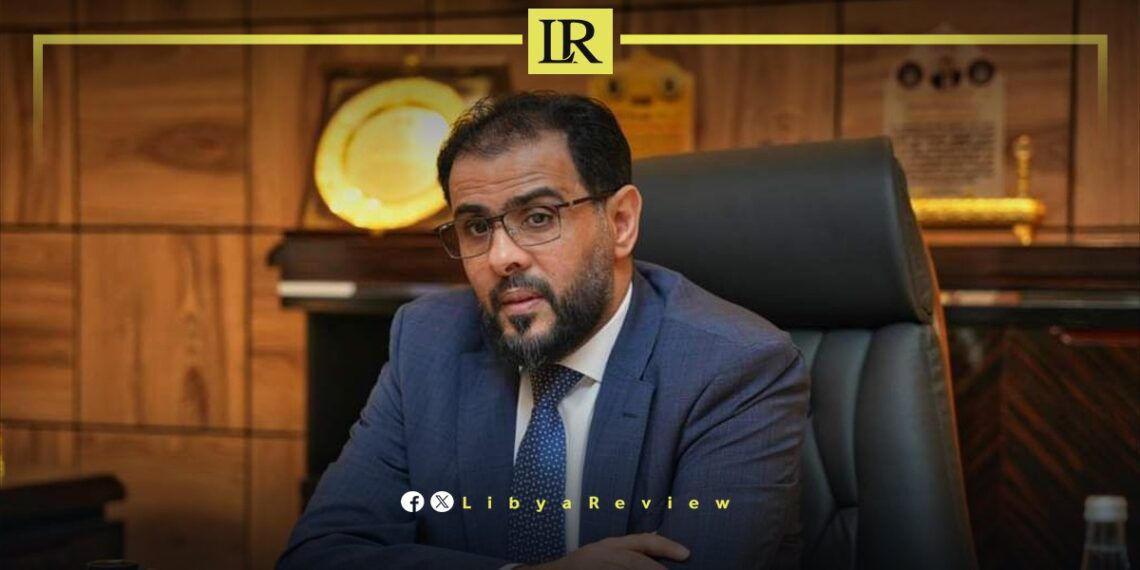Libya’s Prime Minister of the Parliament-designate government, Osama Hammad, has announced the creation of the National Centre for Communications and Information Technology in Benghazi. The decision, aimed at advancing Libya’s digital infrastructure, was formalised through a decree issued by Hammad.
The newly established centre will be managed by a committee comprising a chairman and members appointed by the Minister of Communications and Informatics. The selection criteria emphasise experience and competence to ensure the centre is guided by qualified professionals.
The centre’s primary mandate is to provide training, professional development, consultancy, and research services. These activities are designed to enhance the skills of those working in the communications and information technology sector. By focusing on these areas, the centre aims to bolster the capabilities of industry professionals, ensuring they are well-equipped to meet modern challenges.
Furthermore, the centre will serve as a pivotal point for the national information system. It will play a critical role in the nation’s digital transformation and the implementation of e-government services. This initiative underscores Libya’s commitment to embracing digitalisation and improving the efficiency and transparency of its public administration.
The establishment of the National Centre for Communications and Information Technology is seen as a significant step towards achieving a modern, connected, and digitally proficient Libya. The centre is expected to foster innovation and drive progress in the communications and IT sectors, which are vital for the country’s socio-economic development.
On Sunday, Libya’s first Technology and Innovation Conference 2024 commenced in Benghazi, with the participation of the Libyan Minister of Health, Dr. Osman Abdel Jalil, alongside Member of Parliament Ms. Sultanah Al-Mesmari and several other government ministers.
During the conference, Dr. Abdel Jalil delivered a welcome speech on behalf of the Prime Minister of the Libyan Government-designate, Osama Hammad. He praised the efforts of all those involved in organising this significant scientific event, emphasising the importance of such conferences in advancing scientific development.
Dr. Abdel Jalil highlighted the crucial role of education as a fundamental pillar in the nation-building process. He also stressed the importance of exchanging expertise and learning from countries that are ahead of Libya in technology, innovation, development, and education.


